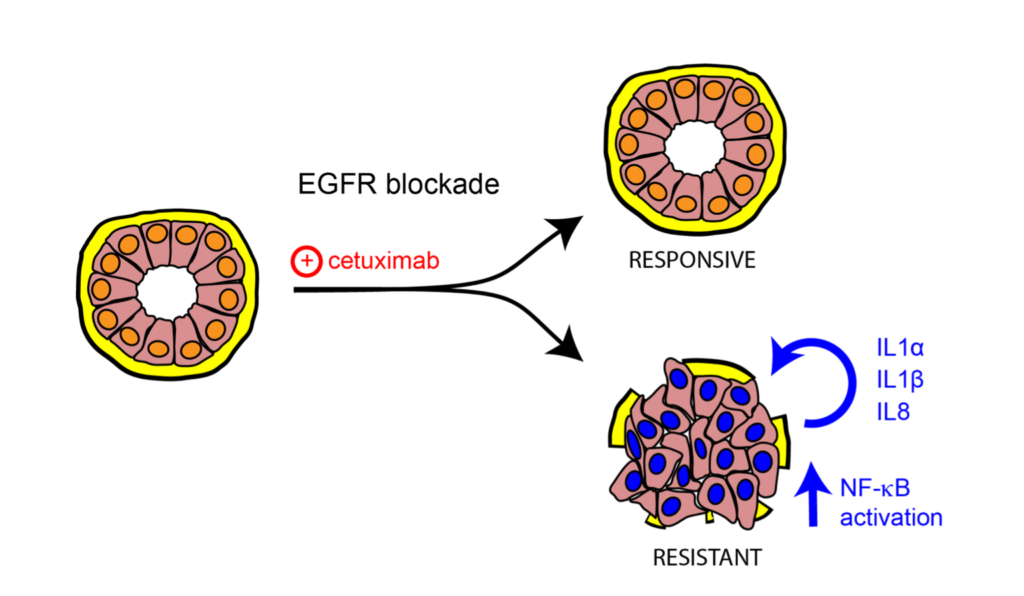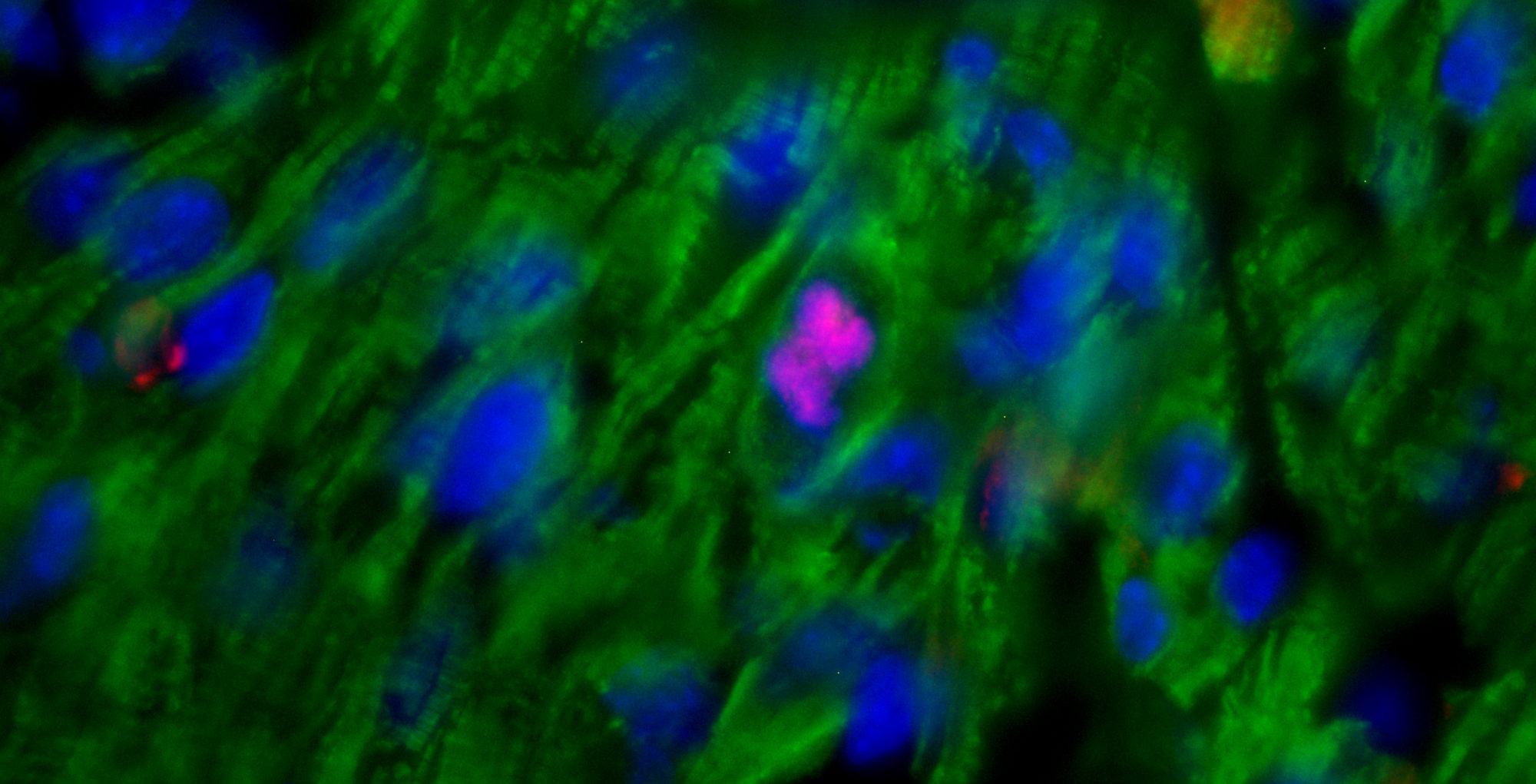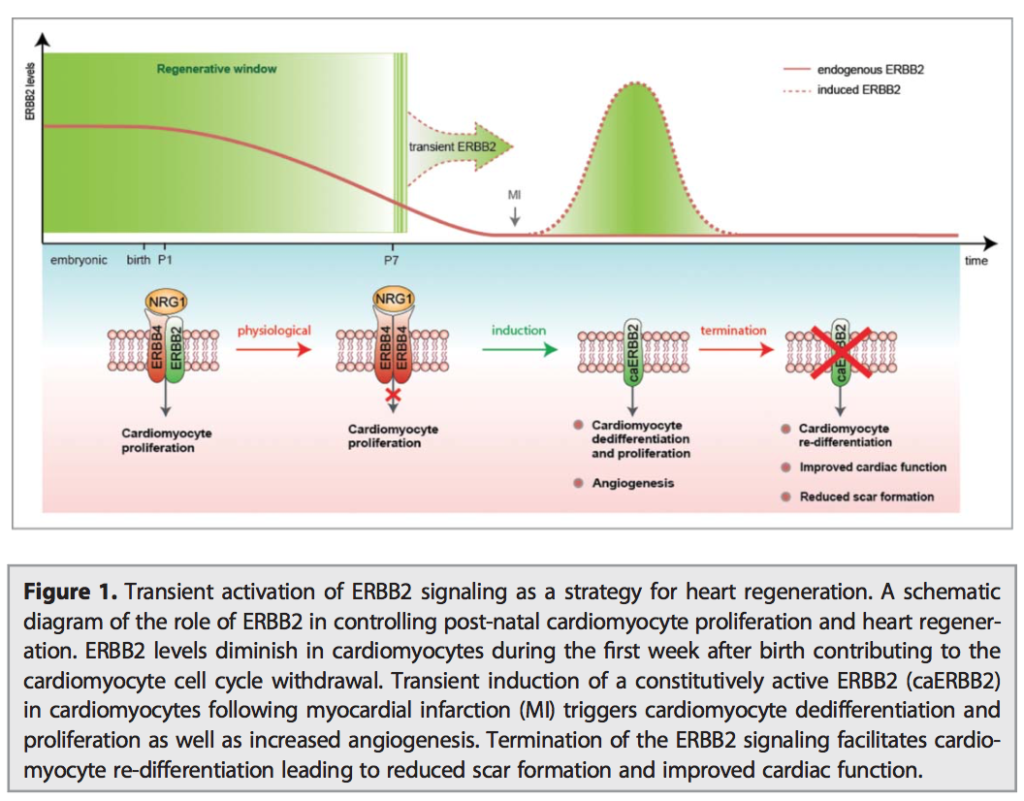Epidermal Growth Factor Receptor (EGFR) activates a robust signalling network to which colon cancer tumours often become addicted. Cetuximab, one of the monoclonal antibodies targeting this pathway, is employed to treat patients with colorectal cancer. However, many patients are intrinsically refractory to this treatment, and those who respond develop secondary resistance along time. Mechanisms of cancer cell resistance include either acquisition of new mutations or non genomic activation of alternative signalling routes. In this study, we employed a colon cancer model to assess potential mechanisms driving resistance to cetuximab. Resistant cells displayed increased ability to grow in suspension as colonspheres and this phenotype was associated with poorly organized structures. Factors secreted from resistant cells were causally involved in sustaining resistance, indeed administration to parental cells of conditioned medium collected from resistant cells was sufficient to reduce cetuximab efficacy. Among secreted factors, we report herein that a signature of inflammatory cytokines, including IL1A, IL1B and IL8, which are produced following EGFR pathway activation, was associated with the acquisition of an unresponsive phenotype to cetuximab in vitro. This signature correlated with lack of response to EGFR targeting also in patient-derived tumour xenografts. Collectively, these results highlight the contribution of inflammatory cytokines to reduced sensitivity to EGFR blockade and suggest that inhibition of this panel of cytokines in combination with cetuximab might yield an effective treatment strategy for CRC patients refractory to anti-EGFR targeting.

Go to the full article: Gelfo V, Rodia MT, Pucci M, Dall’Ora M, Santi S, Solmi R, Roth L, Lindzen M, Bonafè M, Bertotti A, Caramelli E, Lollini PL, Trusolino L, Yarden Y, D’Uva G* and Lauriola M. A module of inflammatory cytokines defines resistance of colorectal cancer to EGFR inhibitors. Oncotarget 2016 (*co-last author)

